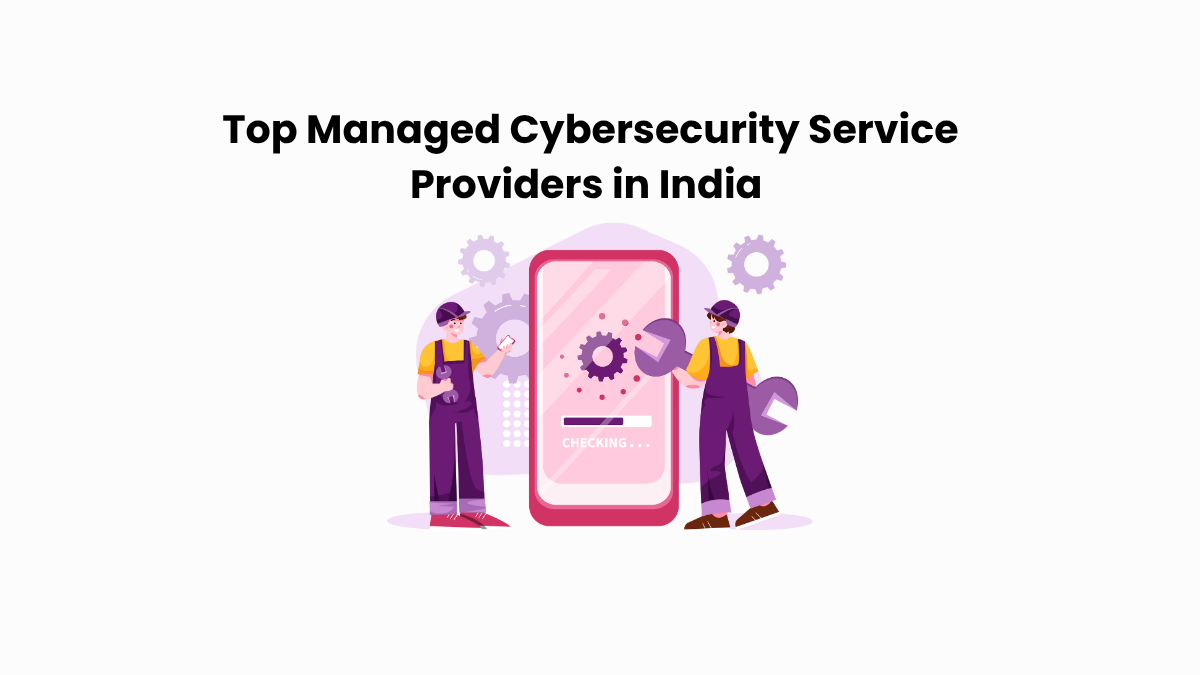A significant security concern was identified in the Social Warfare plugin for WordPress, described by CVE-2019-9978. This vulnerability has been known to enable attackers to execute stored cross-site scripting (XSS) attacks through a compromised parameter. Here, we dissect the vulnerability details, impacts, and mitigation measures necessary for web administrators and users to secure their installations.
Overview of CVE-2019-9978
CVE-2019-9978 targets the Social Warfare plugin versions before 3.5.3. It exploits a flaw in the ‘swp_url’ parameter by injecting malicious scripts, which are executed when a user interacts with the compromised element.
Technical Details of CVE-2019-9978
Vector and Severity The CVSS 3.0 base score for this vulnerability stands at 6.1 (MEDIUM). It highlights the network attack vector (AV) with low attack complexity (AC) and no required privileges (PR), relying on user interaction (UI).
Root Cause The vulnerability arises from insufficient input sanitization of the ‘swp_url’ parameter within the admin-post.php file, allowing stored XSS.
Potential Impact
System Impact Exploitation of this vulnerability can lead to:
#1 Unauthorized script execution that can alter the behavior of the web page.
#2 Access to sensitive information stored in user browsers, such as cookies or session tokens. #3 Manipulation of website content without admin privileges.
Mitigation Strategies
Vendor Recommendations To address this issue, Warfare Plugins released updates for Social Warfare and Social Warfare Pro that rectify the vulnerability. Users should:
#1 Update to version 3.5.3 or later, which resolves the specific XSS flaw.
#2 Regularly check for and apply updates to plugins and WordPress core to protect against known vulnerabilities.
Alternative Actions If updating immediately is not feasible:
#1 Implement additional security layers like web application firewalls (WAFs) that can detect and block XSS attacks.
#2 Conduct regular security audits and scans to identify and mitigate potential vulnerabilities.
Best Practices for WordPress Security
Regular Software Updates Keeping WordPress and its plugins updated is crucial for security. Updates often contain patches for vulnerabilities that could be exploited if left unpatched.
Enhanced Input Sanitization Employ stringent input validation and sanitization to prevent malicious data from affecting the website. Plugins should be coded to explicitly reject unexpected inputs.
User Education and Awareness Educate users on the risks associated with XSS attacks and the importance of using secure practices, such as not clicking on unknown links and regularly updating their browser software.
Conclusion
CVE-2019-9978 underscores the continuous need for vigilance and proactive security measures in managing WordPress sites, particularly concerning widely-used plugins like Social Warfare. By understanding the nature of this XSS vulnerability and implementing suggested mitigation strategies, website administrators can significantly bolster their defenses against potential attacks.
For further support and advanced security solutions, connect with Datacipher. Our cybersecurity experts are equipped to help you secure your digital platforms against a broad spectrum of security threats.





